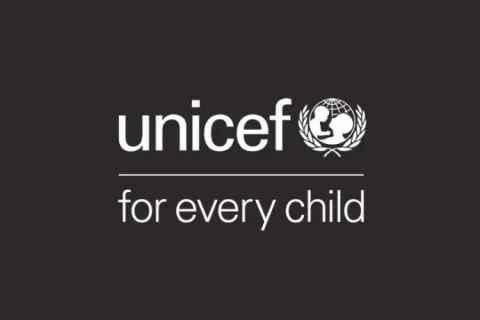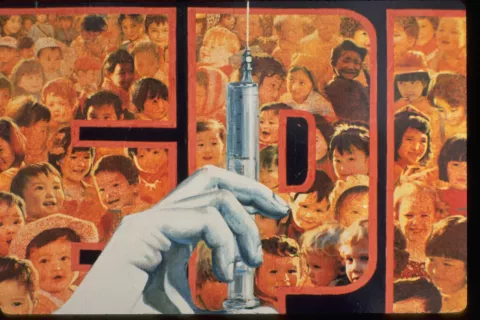Early childhood development country situation analysis
Assessment tool and methodological guidance
Highlights
Children’s health and well-being are shaped from the moment of conception. Each stage of a child’s life is unique in terms of development and requires adequate care and attention. It is recognized that children’s early years are crucial and that providing nurturing and good-quality care for children in the first years of life will have benefits throughout their lives and into adulthood. Importantly, providing good early development is an investment in a child’s future and society’s future, but it is also a child’s right.
Despite progress in child health made in Europe and Central Asia, where infant and child mortality rates are the lowest in the world, mortality in countries with the highest rate for children under 5 years is 22 times higher than that in countries with the lowest rate, and inequities are even greater for maternal mortality. A child born in the countries of Central Asia is three times as likely to die before the age of 5 years as a child born in a European Union (EU) country. Unequal progress towards good health outcomes, particularly for the most vulnerable groups, can be partially attributed to the poor quality of the services provided. Investing in early childhood development (ECD) could contribute significantly to improving the situation of children and addressing the remaining disparities between and within countries in the WHO European Region. Investment in ECD must be brought about by improving comprehensive and integrated health care and other services in countries that are capable of responding to and addressing the complexities of children’s development. ECD covers the period from pregnancy to entry into primary school, with a main focus on the development of the child from conception to the age of 3 years.
The COVID-19 pandemic placed an extra burden on families, undermining the foundations on which children are nurtured in their early years. The closing-down of childcare facilities, balancing family and work life under lockdown conditions, and related long-term effects such as poor mental health and poverty, will need to be carefully addressed by governments. This situation has demonstrated the fragility of systems and the need to provide holistic whole-family support for young children and their caretakers so that long-term losses at individual and societal level stemming from suboptimal child development can be avoided.






